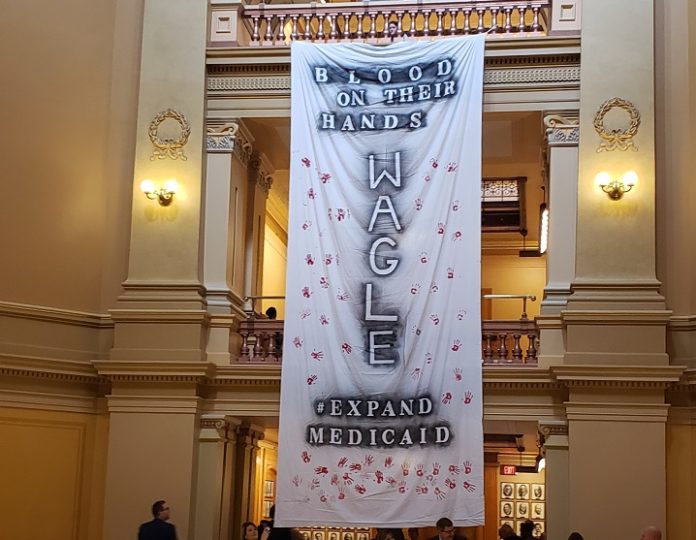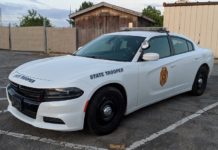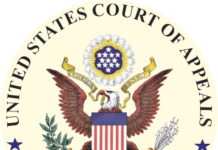The American Civil Liberties Union has reached a temporary agreement with state officials to allow peaceful protests in the Capitol without a permit during the upcoming veto session.
Court records show that the ACLU and the state have agreed to allow individuals and groups of fewer than five people to participate in “nondisruptive” protests at the statehouse without obtaining a permit during the veto session starting May 1.
Additionally, the state has agreed to let protesters display handheld signs in the Capitol during the legislative veto session.
Earlier this month, the ACLU sued over the state’s policies governing public assembly in the Capitol. The group represented three student protesters removed from the building for using large banners to protest efforts to stop Medicaid expansion.
The ACLU has withdrawn its request for a temporary restraining order that would block state policies regulating protests in the historic building, but the issue is still not settled.
An emergency hearing on the restraining order that had been scheduled for Monday, April 22, was canceled as well. But another hearing on the policies is set for June.
The agreement comes just before the wrap-up session when Medicaid expansion is expected to get heightened attention, with a key procedural vote set in the Senate for May 1.
The arrangement stems from a lawsuit brought by three Kansas State University students who were kicked out of the Capitol last month after unfurling mammoth banners in the rotunda taking aim at Republican leadership for blocking Medicaid expansion.
The banners were removed immediately, and Capitol Police detained three of the protesters long enough to get their names and identification. The students were then banned from the building for a year, a punishment that was lifted a day later.
State policy bars banners, signs, exhibits or any other materials from being taped, tacked, nailed or hung within the Capitol complex. It also bars anyone from carrying or transporting signs, posters or banners within the complex without permission.
However, the ACLU brought a lawsuit on behalf of the students, arguing that the rules governing statehouse demonstrations are vague and too broad.
The ACLU contends that the rules allow the Capitol Police to arbitrarily indefinitely ban members of the public.
“This case is about Kansas’s scheme of rules and practices that collectively suppress virtually every method of speech and expression at the Kansas Statehouse building,” the ACLU argued.
The lawsuit highlights the $20 permitting requirement that must be accompanied by a legislative sponsor.
“Defendants’ policy of requiring a legislative sponsor before granting a permit prevents public expression of any message that state legislators do not support and creates a content-based restriction suppressing speech that is not supported by elected officials,” the organization contended.
The ACLU argued that the permitting requirement is a “facially invalid prior restraint on the exercise of First Amendment rights.”
The three student plaintiffs — Jonathan Cole, Katie Sullivan and Nathaniel Faflick — had sought a temporary order blocking the state policies regulating public assemblies so they could silently protest during the Medicaid debate scheduled for May 1.
“By requiring plaintiffs to obtain a prior approval for meetings and demonstrations involving only three people inside the Statehouse and anywhere on the grounds, defendants impose an unnecessary and impermissible prior restraint on political expression at the core of First Amendment protection,” the ACLU argued in its motion for the temporary order.
Despite the arrangement for the veto session, the state and the plaintiffs agree they need to resolve the constitutional questions about the state’s regulations for protests at the Capitol.
A hearing on a preliminary injunction has been set for June 19.
















